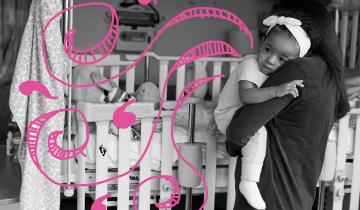Though the initial insult or injury to the brain that causes cerebral palsy is non-progressive, aging with cerebral palsy and lack of physical activity during critical periods of development can impact biologic and metabolic function for adults with cerebral palsy.
There are multiple factors that impact bone health, including birth weight, nutrition, medications for seizures and/or reflux, genetics, and physical activity. Targeted exercise to improve bone health in childhood can be sustained into adulthood, and childhood is the best time to promote bone health.
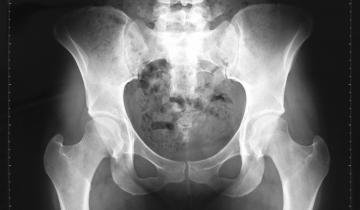
There are many kinds of physical activities that people with cerebral palsy can participate in – for both ambulatory people as well those who use various mobility devices. Knowing just what activities are right for whom can be tough, this article helps to sort that out.
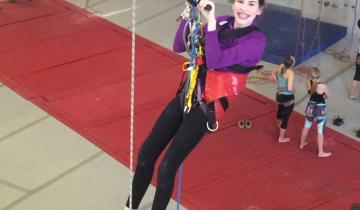
I have cerebral palsy spastic diplegia. So it affects my legs and sometimes my fine motor skills. I walk with two canes. I do things a little slower, but I get things done.

One thing that parents can say to start a conversation with their kids is, "Let's talk".
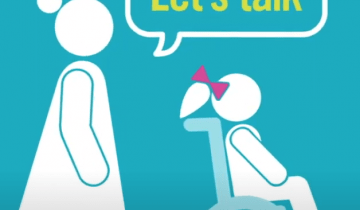
As we all know, becoming a teenager means significant upheaval, not only physically, but in terms of friendships, in terms of learning, and life outlook. This is also true for adolescents with cerebral palsy and other developmental disabilities. We know that whilst we may of spent a lot of time focusing on their physical abilities and other difficulties it is not the only part of their life.
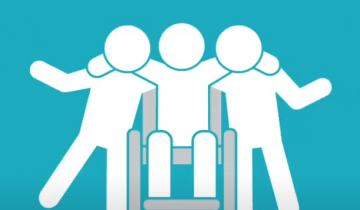
Around the age of six all children are going off to school. Children move from explorative play, which is fairly informal to a much more formal day. That can be a lengthy day and it's quite structured. There are a lot of challenges faced by children with cerebral palsy throughout the school year.
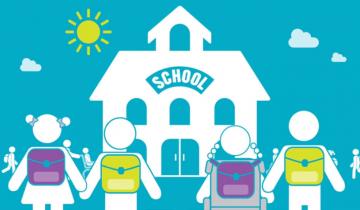
When treating a child with CP, part of a pediatrician’s job is assessing and treating children with abnormal tone difficulties, as well as other muscular-skeletal problems. From around the age of two years, kids start to develop difficulties with muscle tone that can have an impact on their hip development.
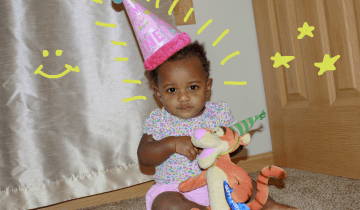
A speech language pathologist is someone who is trained in working with kids and adults. Everything from working with articulation errors and correcting things to what I do, which is working with people with profound physical impairments and getting them augmentative communication strategies.
